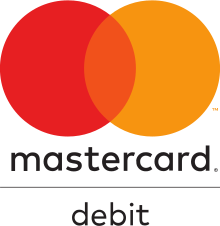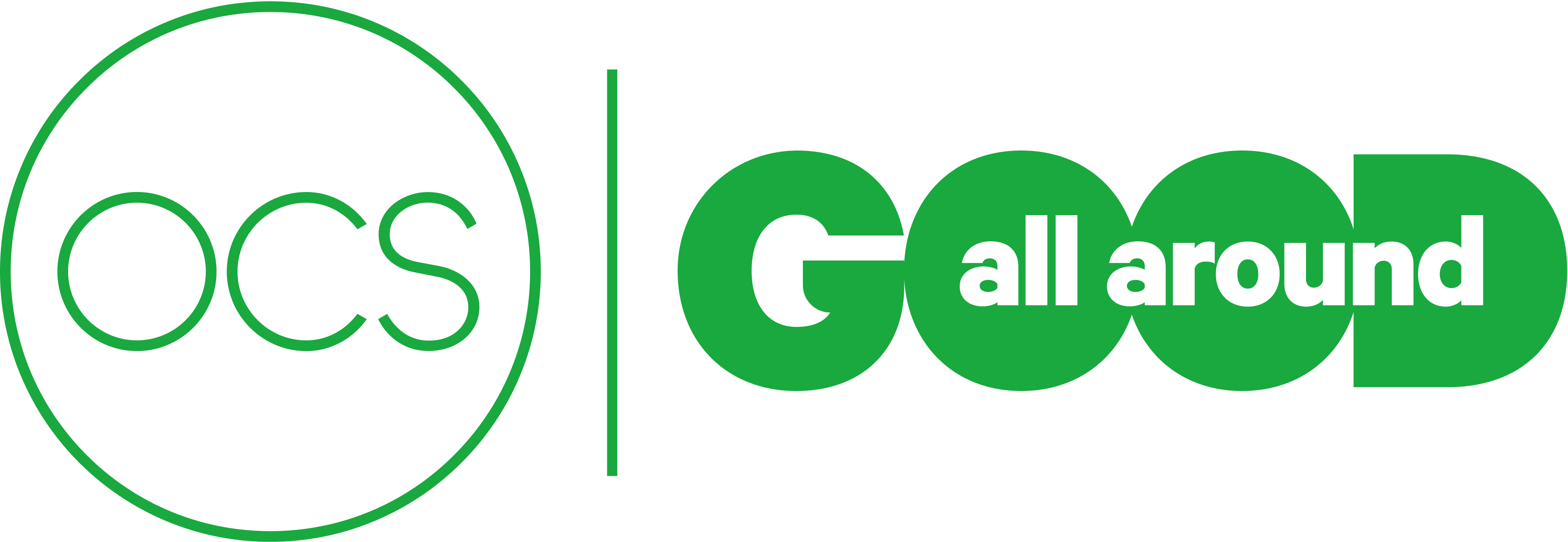Cannabis Made Clear
Methods of Consuming Cannabis
Cannabis can be consumed in many different ways. This article helps explain the differences between four common methods and what you need to know to minimize potential health risks.
Cannabis is most commonly consumed in four ways, each with its own considerations. Read on to discover the differences and learn what tips public health professionals recommend for minimizing risks.
These are just guidelines — everybody experiences cannabis differently depending on factors such as genetics, existing mental health conditions, current mood, age, personality, sex and tolerance, so effects may vary.

Download Accessible PDF
Inhalation is a common way to consume cannabis, but there are many factors to consider before you do. Read on to learn how inhalation influences the way your body absorbs cannabinoids, how quickly effects may occur and how you can minimize potential risks.
Learn more about inhaling cannabis.

Download Accessible PDF
Ingestible cannabis products are ever-evolving, but generally speaking, this method of consuming cannabis affects your body differently from other methods. Before you try the latest beverage or soft chew, learn about how cannabinoids are absorbed into your bloodstream, the timing of effects and ways to minimize your risks.
Learn more about ingesting cannabis.

Download Accessible PDF
Not to be confused with ingesting edibles, consuming cannabis orally means absorbing the plant’s cannabinoids through the mucous membranes in your mouth, specifically under your tongue (sublingually) or in your cheek (buccally). Oral consumption influences the way your body interacts with cannabis, so read on to learn how much you should consume, the timing of effects and ways to reduce the risks.
Learn more about the oral absorption of cannabis.

Download Accessible PDF
Whether it’s through an infused cream, lip balm or bath bomb, consuming cannabis topically often produces a more localized effect than other consumption methods. Read on to learn other ways topical cannabis consumption differs, specifically how it affects your epidermal system, the timing of effects and how to minimize your risk.
Learn more about the topical application of cannabis.
Symptoms of cannabis overconsumption may include sleepiness; confusion; disorientation; clumsiness or loss of coordination; fainting; dizziness; chest pain; a fast, slow or pounding heartbeat; panic attacks; loss of contact with reality and seizures. Seek immediate medical attention in case of overconsumption, especially if you’re experiencing chest pain, panic attacks, loss of contact with reality or seizures.
Back to Cannabis Made Clear Back to Responsible Use







